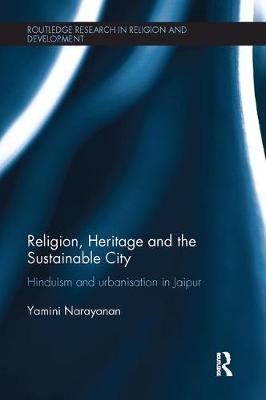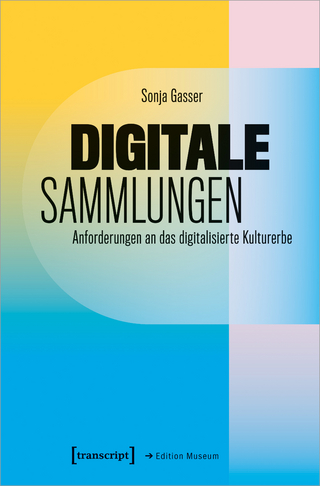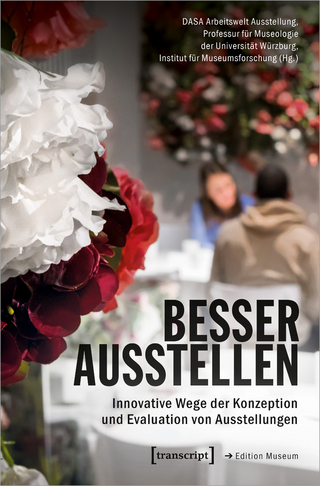
Religion, Heritage and the Sustainable City
Hinduism and urbanisation in Jaipur
Seiten
2017
Routledge (Verlag)
978-1-138-05694-7 (ISBN)
Routledge (Verlag)
978-1-138-05694-7 (ISBN)
The speed and scale of urbanisation in India is unprecedented almost anywhere in the world and has tremendous global implications. The religious influence on the urban experience has resonances for all aspects of urban sustainability in India and yet it remains a blind spot while articulating sustainable urban policy.
This book explores the historical and on-going influence of religion on urban planning, design, space utilisation, urban identities and communities. It argues that the conceptual and empirical approaches to planning sustainable cities in India need to be developed out of analytical concepts that define local sense of place and identity. Examining how Hindu religious heritage, beliefs and religiously influenced planning practices have impacted on sustainable urbanisation development in Jaipur and Indian cities in general, the book identifies the challenges and opportunities that ritualistic and belief resources pose for sustainability. It focuses on three key aspects: spatial segregation and ghettoisation; gender-inclusive urban development; and the nexus between religion, nature and urban development.
This cutting-edge book is one of the first case studies linking Hindu religion, heritage, urban development, women and the environment in a way that responds to the realities of Indian cities. It opens up discussion on the nexus of religion and development, drawing out insightful policy implications for the sustainable urban planning of many cities in India and elsewhere in South Asia and the developing world.
This book explores the historical and on-going influence of religion on urban planning, design, space utilisation, urban identities and communities. It argues that the conceptual and empirical approaches to planning sustainable cities in India need to be developed out of analytical concepts that define local sense of place and identity. Examining how Hindu religious heritage, beliefs and religiously influenced planning practices have impacted on sustainable urbanisation development in Jaipur and Indian cities in general, the book identifies the challenges and opportunities that ritualistic and belief resources pose for sustainability. It focuses on three key aspects: spatial segregation and ghettoisation; gender-inclusive urban development; and the nexus between religion, nature and urban development.
This cutting-edge book is one of the first case studies linking Hindu religion, heritage, urban development, women and the environment in a way that responds to the realities of Indian cities. It opens up discussion on the nexus of religion and development, drawing out insightful policy implications for the sustainable urban planning of many cities in India and elsewhere in South Asia and the developing world.
Yamini Narayanan is a Lecturer in International and Community Development at Deakin University, Australia.
Foreword by Clara Greed 1. Prologue 2. Introduction: Religion, Heritage and the City 3. Sustainable cities as a planning paradigm in India: case for religion 4. Religion and Heritage in India's Old Cities: Renewal for Sustainable Development 5. Hinduism and Heritage: Conceptual Frameworks for City Planning 6. Hinduism, heritage and sustainable development in Jaipur 7. Hinduism and Space: Place and Identity in Old Jaipur 8. Women's right to the city: integrating religion and heritage 9. Religion, Nature and Urban Development in Jaipur 10. Quo vadis, India? Where next for urban policy?
| Erscheinungsdatum | 03.06.2017 |
|---|---|
| Reihe/Serie | Routledge Research in Religion and Development |
| Verlagsort | London |
| Sprache | englisch |
| Maße | 156 x 234 mm |
| Gewicht | 453 g |
| Themenwelt | Kunst / Musik / Theater |
| Reisen ► Reiseführer | |
| Geisteswissenschaften ► Geschichte ► Hilfswissenschaften | |
| Geisteswissenschaften ► Religion / Theologie | |
| Naturwissenschaften ► Geowissenschaften ► Geografie / Kartografie | |
| Sozialwissenschaften ► Soziologie ► Spezielle Soziologien | |
| Technik ► Bauwesen | |
| ISBN-10 | 1-138-05694-4 / 1138056944 |
| ISBN-13 | 978-1-138-05694-7 / 9781138056947 |
| Zustand | Neuware |
| Haben Sie eine Frage zum Produkt? |
Mehr entdecken
aus dem Bereich
aus dem Bereich
Anforderungen an das digitalisierte Kulturerbe
Buch | Softcover (2023)
transcript (Verlag)
29,00 €
innovative Wege der Konzeption und Evaluation von Ausstellungen
Buch | Softcover (2024)
transcript (Verlag)
37,00 €


